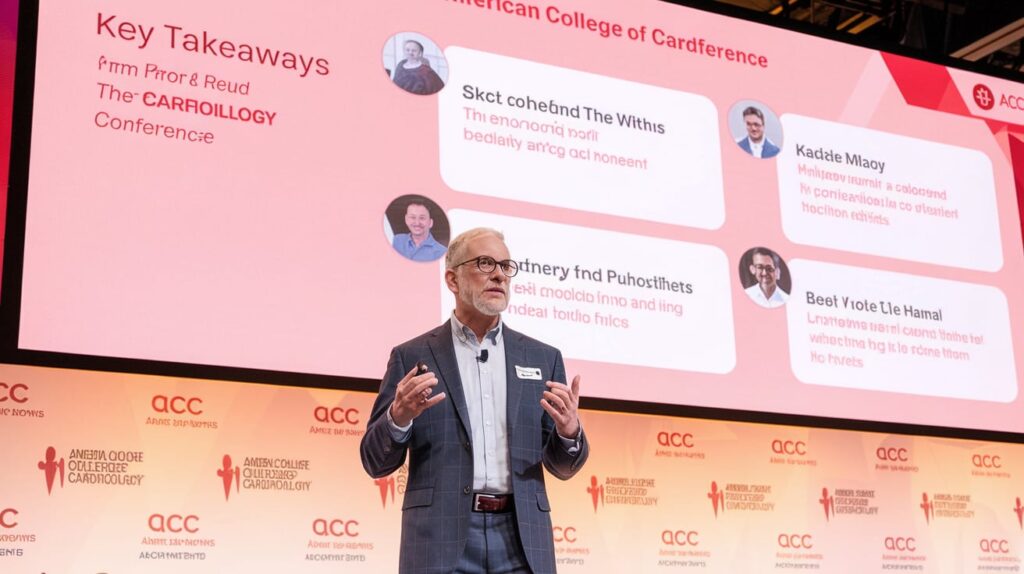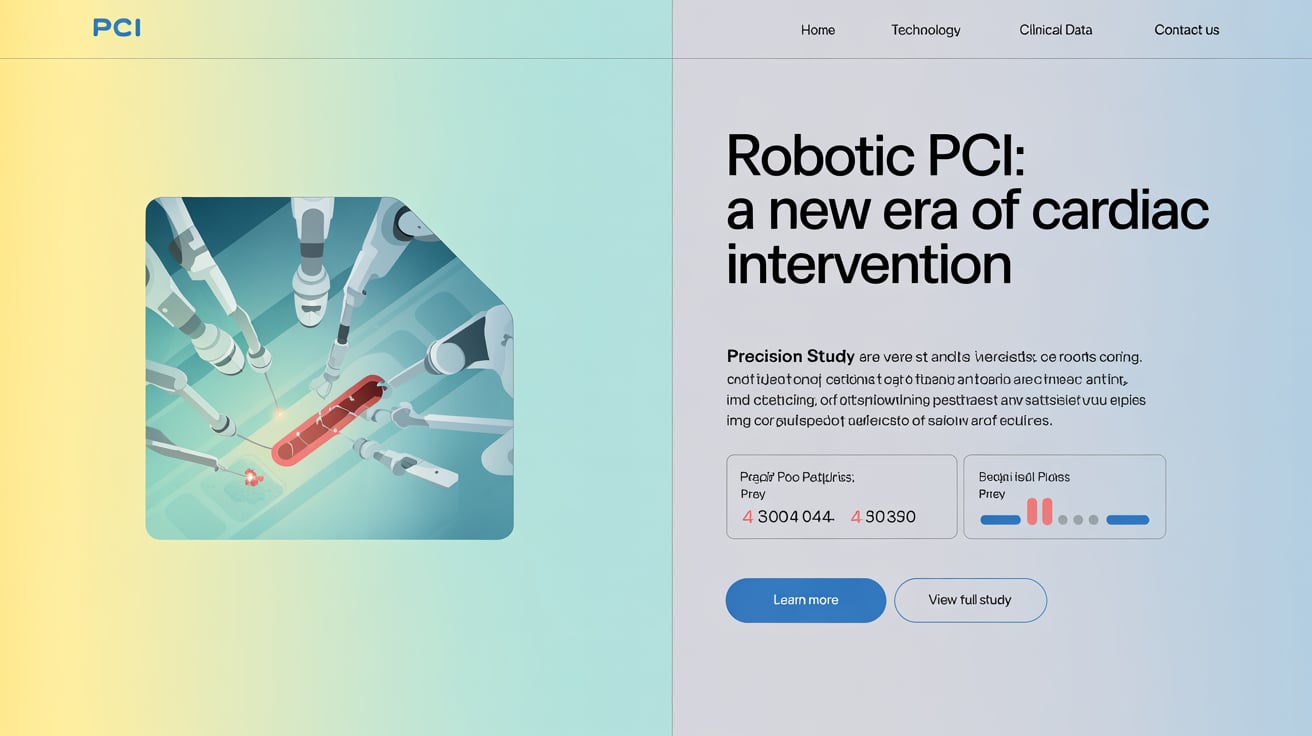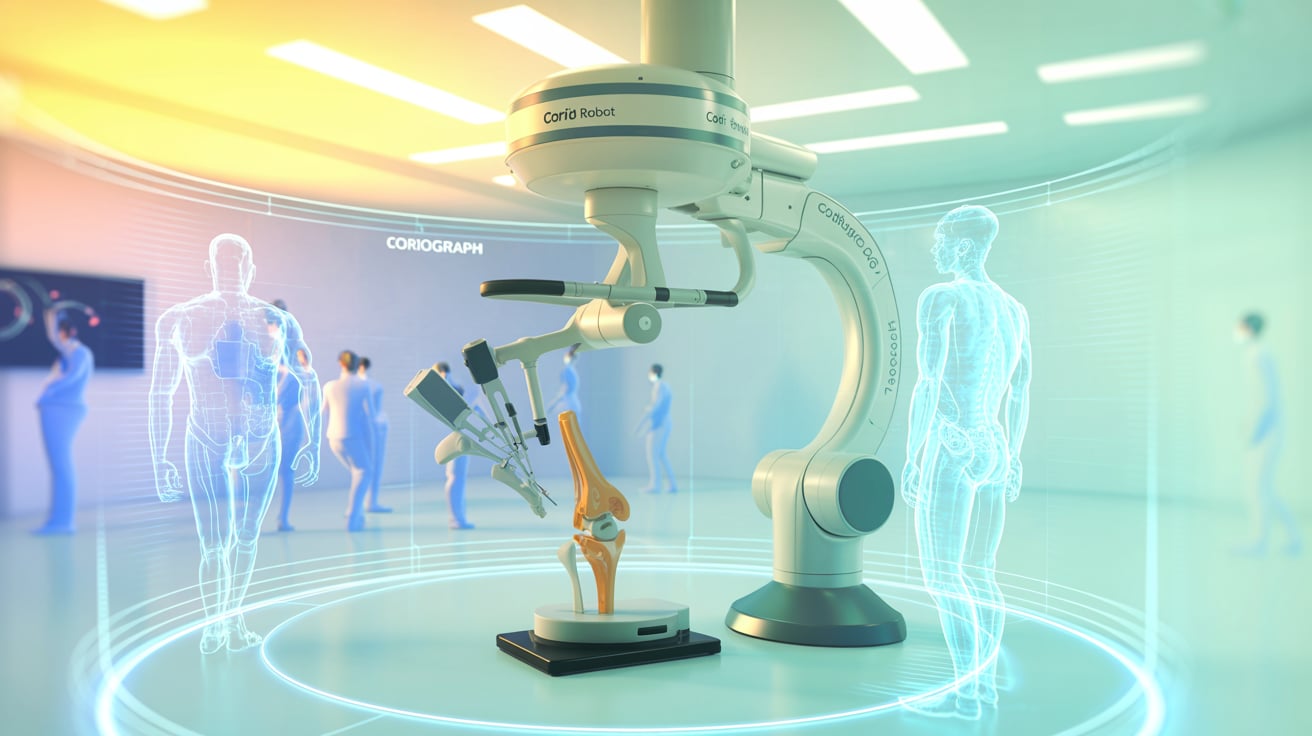The 2025 American College of Cardiology (ACC) conference featured over 50 late-breaking clinical trials, presenting cutting-edge developments in cardiovascular science. Here are the key insights shared by Dr. Hadley Wilson, former ACC president:
1. Semaglutide’s Expanding Benefits
- Beyond Diabetes: Semaglutide, originally used for diabetes and weight loss, now shows promise in reducing cardiovascular risk and improving outcomes for patients with chronic kidney disease and peripheral arterial disease (PAD).
- Oral Formulation: A new oral version of semaglutide demonstrated similar efficacy to the injectable form, addressing patient concerns about needles.
2. Optimizing Dual Antiplatelet Therapy (DAPT)
- Post-Stenting Therapy: A pivotal study recommended three months of DAPT, followed by a single agent for an additional 3-9 months, showing better cardiovascular outcomes compared to shorter durations.
3. Stroke Prevention in TAVR
- Embolic Protection Devices: The PROTECT-TAVI trial found no significant reduction in stroke rates with embolic protection devices during transcatheter aortic valve replacement (TAVR), raising questions about their cost-effectiveness.
4. New Advances in TAVR
- Jena Valve: This novel transcatheter valve for aortic regurgitation showed low complication rates, with expectations for FDA clearance. It offers a minimally invasive alternative for high-risk patients.
- TAVR vs SAVR: The Evolut low-risk study confirmed that TAVR is a viable alternative to surgical aortic valve replacement (SAVR) with comparable five-year outcomes.
5. AI-Driven Coronary Assessment
- AI-Fractional Flow Reserve (FFR): AI-driven angiographic FFR technology can assess coronary lesions accurately, streamlining procedures and reducing risks by eliminating the need for invasive devices.
6. Targeting Lipoprotein(a) for Residual Cardiovascular Risk
- New siRNA Therapy: A small interfering RNA (siRNA) therapy successfully lowered lipoprotein(a) levels, an emerging cardiovascular risk factor, though long-term outcomes need further research.
7. Cardiogenic Shock and Mechanical Support Devices
- Altshock-2 Trial: Early intra-aortic balloon pumps (IABP) did not improve survival outcomes in acute decompensated heart failure patients, aligning with previous studies on the limited benefit of mechanical circulatory support devices in cardiogenic shock.
8. Sudden Cardiac Arrest in Athletes
- Marathon Runners: Studies showed marathon runners have a higher risk of cardiac arrest in the final stages of races, but survival rates have improved due to bystander CPR and AEDs.
- Disparities: Disparities in sudden cardiac arrest outcomes were noted, with underrepresented minorities and lower socioeconomic groups experiencing higher mortality rates due to limited access to AEDs and emergency resources.
9. Cannabis and Cardiovascular Disease
- Increased Risk: Frequent cannabis use was linked to an increased risk of cardiovascular disease, highlighting the need for physicians to counsel patients on potential risks.
Follow MEDWIRE.AI for more updates on cardiovascular innovations and clinical findings.








